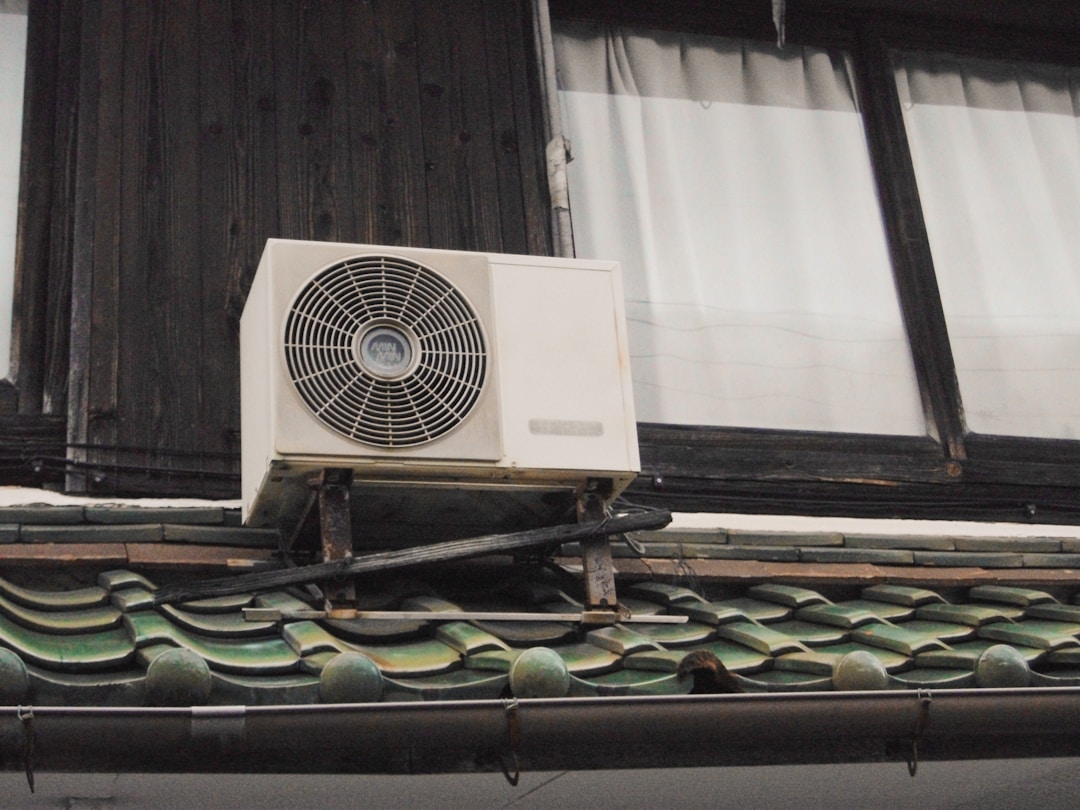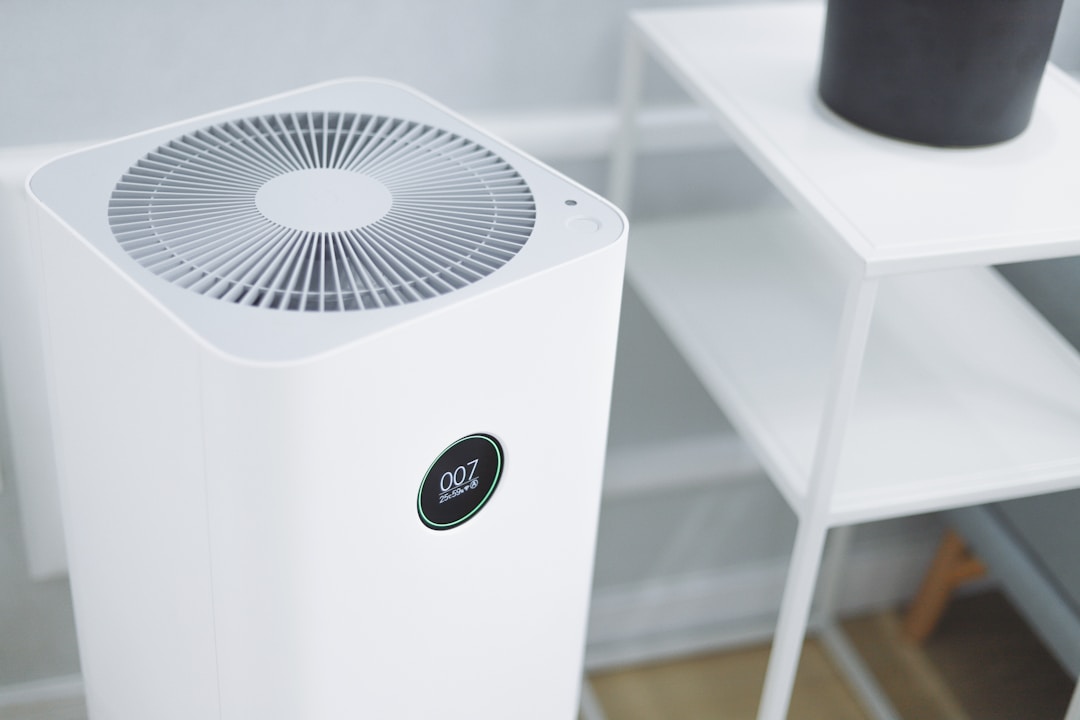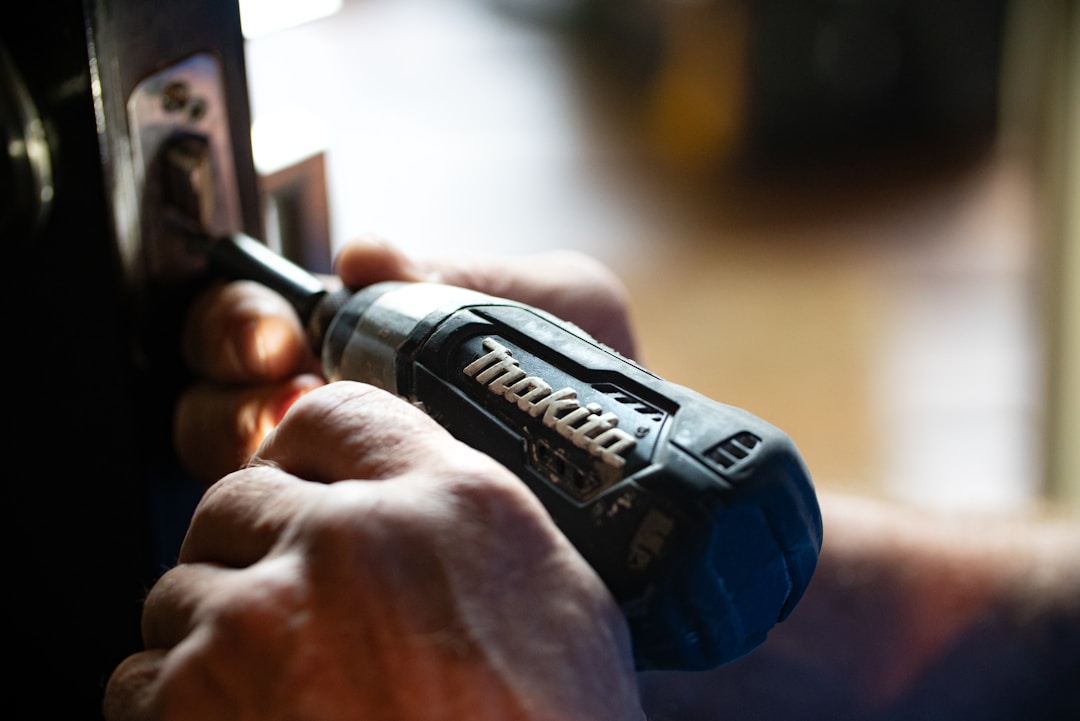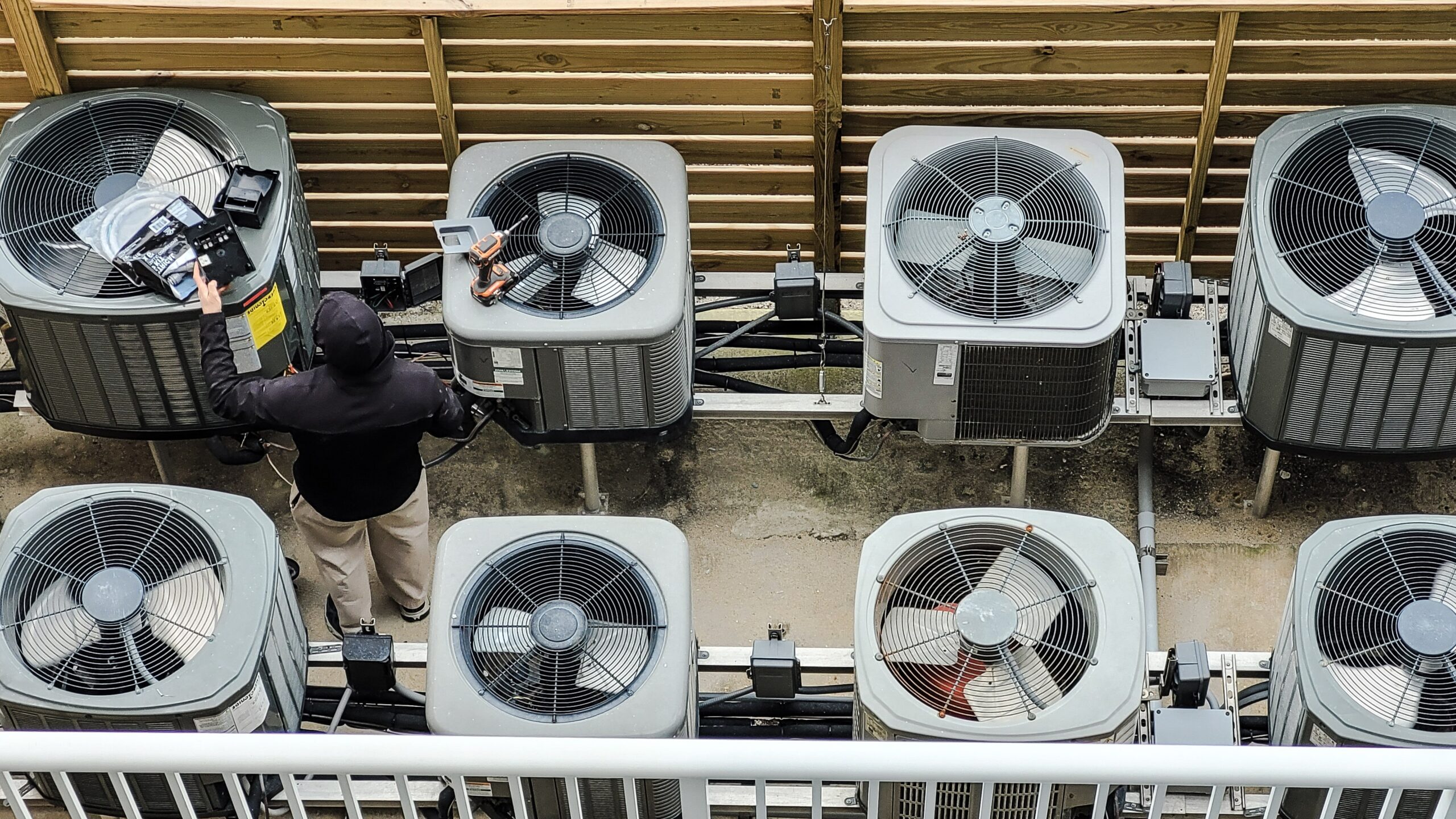Keeping your HVAC system running at optimal performance not only improves your comfort but also saves you money on energy costs and reduces the likelihood of costly repairs down the line. Navigating the maintenance, replacements, and operational strategies can, however, seem overwhelming and time-consuming, particularly if you are not an HVAC technician. Thankfully, you don’t need to have technical expertise to maintain your HVAC. In this article, we break down practical tips and guidelines to help you efficiently manage your HVAC system.
The Importance of Regular Maintenance

Regular maintenance is required to keep your HVAC system in good working order. Just like any other mechanical system, your HVAC system is prone to wear and tear over time. Without proper maintenance, it can become inefficient, leading to higher energy bills and potential breakdowns. Over time, dust and debris can accumulate in the system, affecting its performance. A thorough cleaning of the system during maintenance can remove this buildup and improve airflow. This, in turn, allows your system to cool or heat your home more efficiently
Your HVAC maintenance should be performed by trained professionals like those at Advanced Cooling Systems. Regular maintenance identifies and addresses any potential issues before they become major problems. During maintenance, an HVAC technician can inspect all the components of your system, including the fan, blower, condenser, and refrigerant lines. They can detect any signs of wear and tear, leaks, or other issues that may affect the system’s performance. By addressing these issues earlier, you can prevent costly repairs later on and extend the lifespan of your HVAC system.
Beyond that, regular maintenance ensures the safety of your home and family. HVAC systems that are not properly maintained can potentially become a fire hazard or emit harmful gases like carbon monoxide. By scheduling regular maintenance, you can have peace of mind knowing that your system is operating safely and efficiently.
Understanding Your HVAC’s Basics
Your journey to an efficient HVAC starts with understanding how the system operates. Heating, ventilation, and air conditioning are all components designed to collaborate to ensure indoor environmental comfort. These components comprise heating systems such as furnaces or boilers, ventilation devices, and air movement fans. The cooling, usually through air conditioners or heat pumps, makes your living area more comfortable, especially during the summer heat.
These components are intertwined with various other devices based on the energy source, distribution system, and whether they function centrally or decentralized. All of these devices need regular attention in one way or another. Still, you must understand how they function and impact each other. For instance, your air quality and humidity levels are determined by your heaters or air conditioners and they are influenced by your ventilation system. By fully understanding your HVAC, you can better manage the system, cutting back on energy costs and improving comfort.
Optimizing for Energy Efficiency

Improving your HVAC energy efficiency begins by reducing the heating and cooling loads in your home. This can be achieved by sealing leaks in the doors and windows, using energy-efficient appliances, and insulating the home. Cutting the load means your HVAC systems won’t work too hard, consequently reducing energy consumption.
Additionally, using the system thermostats properly can also cut down energy costs. Modern thermostats allow you to program the temperatures for various times, backing off the cooling or heating when you are away or during the night when you are asleep. Moreover, using energy-efficient components in your HVAC such as Energy Star-compliant devices can also significantly help in improving energy efficiency. These appliances may cost a bit more than the standard devices, but the energy cost savings in the long run certainly make it worth the investment.
Knowing When to Upgrade
Determining when to replace your HVAC system can be challenging. Machines get less efficient and reliable as they age, and your HVAC system is no exception. So, when is the right time to replace the system or its components? Usually, when the cost of repairs begins to approach 50 percent of the value of the system, it’s time to replace the system. Also, if your system is more than 10 years old and it’s often breaking down, it might be time for an upgrade.
Remember, the longevity and performance of the system can also be affected by its maintenance history and the quality of the installed system. High-quality systems properly maintained can last longer. Frequent discomfort like a house not cooling down fast enough or warm air blowing out could also be a sign that the system needs to be replaced. It’s always a good idea to consult a professional HVAC technician if you are unsure.
Smart HVAC Systems

Smart HVAC systems are getting quite popular. These systems are more efficient and provide greater comfort compared to traditional HVAC systems. Smart HVAC systems connect to your home’s wifi, allowing you to control them through your smartphone or computer. This gives you the flexibility to control the temperature and humidity levels of your house from anywhere using the device connected to the internet. These systems can also be paired with smart thermostats and zone-based systems providing temperature and humidity control for individual areas.
This way, you can set varying temperatures for different parts of the house based on preference and need. For instance, you can keep your home office cool while leaving the rest of the house warm. Some smart HVAC devices even learn from your behavior and activities, automating to provide optimal comfort and efficiency. They adjust the temperature to match your life habits. For instance, if you are always away at specific hours of the day, the device learns to reduce the heating or cooling during these hours, saving on energy costs.
Addressing Indoor Air Quality
Indoor air quality is an essential aspect of HVAC. Poor indoor air quality can be due to many factors such as lack of adequate ventilation, contaminants from appliances, or outdoor pollutants. The first step in improving your indoor air quality is to ensure proper ventilation. This includes routinely changing your HVAC filter and cleaning air ducts regularly. An air purifier can also be extremely beneficial. These measures reduce particles like dust and pollen in the air, improving air quality. Be sure your humidification and dehumidification systems work properly. Depending on the climate and season, these systems maintain the desired humidity level in your house, enhancing comfort.
The Role of Professional HVAC Services

Maintaining your HVAC may seem like an impossible task, but it doesn’t have to be. There is a team of professionals ready to help you out. Professional HVAC companies assist in maintenance, repairs, and replacements and even offer skilled advice for optimal HVAC efficiency. They offer comprehensive maintenance programs that entail an annual or bi-annual tune-up of your HVAC system to ensure it’s functioning optimally. These professionals have the training and tools necessary to service your HVAC system and resolve any issues.
While you can perform basic maintenance practices at home like filter replacement, professional HVAC services add value by identifying potential problems that you may not notice. So, do not hesitate to seek professional assistance. As always, taking an active role in understanding your HVAC system will keep your home comfortable and your energy bills in check.
As this article illustrates clearly, maintaining an efficient HVAC system requires an understanding of the system’s basics, regular maintenance, energy efficiency, knowing when to upgrade, use of smart systems, addressing indoor air quality, and utilizing professional HVAC services. And while it might seem daunting at first, every step moves you towards a more comfortable and cost-effective home environment.







